Home>Articles>What Is The Difference Between Slow Cooker And Rice Cooker
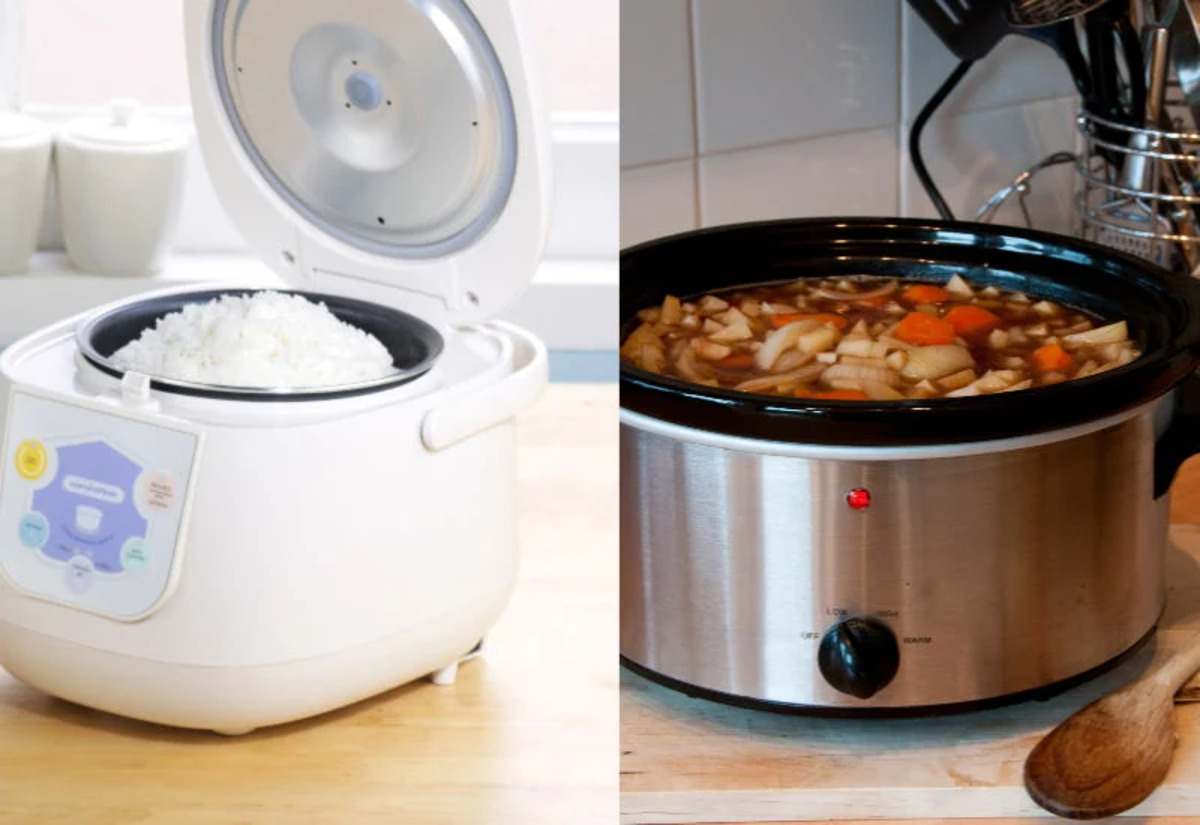

Articles
What Is The Difference Between Slow Cooker And Rice Cooker
Modified: September 1, 2024
Discover the key distinctions between slow cookers and rice cookers in this informative article. Explore their features, functionality, and which one is best for your cooking needs.
(Many of the links in this article redirect to a specific reviewed product. Your purchase of these products through affiliate links helps to generate commission for Storables.com, at no extra cost. Learn more)
Introduction
The kitchen is the heart of every home, and having the right appliances can make all the difference in preparing delicious meals for your loved ones. Two popular items that are commonly found in kitchens are slow cookers and rice cookers. While they may look similar, each of these appliances serves a distinct purpose and brings unique benefits to the table. In this article, we will explore the difference between slow cookers and rice cookers, helping you understand their functionalities, advantages, and how they can level up your cooking game.
So, whether you are a seasoned chef or someone who loves experimenting with different recipes, let’s dive in and discover the features that set these two cooking appliances apart. Understanding their differences can help you decide which one will suit your needs best, making your cooking experiences even more enjoyable and hassle-free.
Key Takeaways:
- Slow cookers offer versatility in preparing a wide range of dishes, providing tender and flavorful results. Ideal for those who enjoy experimenting with different flavors and require a convenient cooking method.
- Rice cookers specialize in cooking rice perfectly and consistently, offering a hassle-free way to make fluffy rice with minimal effort. A practical choice for those who frequently enjoy rice-based meals.
Definition of Slow Cooker
A slow cooker, also known as a Crock-Pot, is a countertop kitchen appliance that is designed to cook food at a low and constant temperature over a long period of time. It consists of a heating element, a pot, and a lid. The pot is usually made of ceramic or porcelain, while the lid fits snugly to retain heat and moisture.
The slow cooker operates by using a gentle and consistent heat source that slowly cooks the food. This allows the flavors to meld together and the ingredients to become tender and juicy. Slow cookers are ideal for making dishes such as stews, soups, roasts, and casseroles.
One of the key advantages of a slow cooker is its convenience. You can simply add your ingredients in the morning, set the desired cooking time and temperature, and let it do its magic throughout the day. This makes it a popular choice for busy individuals or families who want to come home to a delicious, home-cooked meal.
Another benefit of using a slow cooker is that it brings out the flavors of the ingredients, resulting in rich and flavorful dishes. The slow cooking process allows the spices and seasonings to infuse into the food, creating depth and complexity in taste.
Slow cookers are also known for their ability to tenderize tougher cuts of meat. The low, steady temperature breaks down the collagen in the meat, resulting in tender and melt-in-your-mouth textures.
In summary, a slow cooker is a versatile kitchen appliance that provides a convenient and efficient way to cook flavorful and tender dishes by utilizing low and slow heat over an extended period of time.
Definition of Rice Cooker
A rice cooker, as the name suggests, is a kitchen appliance specifically designed for cooking rice. It is a convenient and foolproof way to prepare perfectly cooked rice every time. The main components of a rice cooker include an inner cooking pot, a heating plate, and a lid.
Rice cookers come with different features, such as multiple cooking settings, a built-in timer, and a keep-warm function. These features allow you to customize the cooking process and ensure that your rice is cooked to your preferred texture.
The operation of a rice cooker is simple. You measure the desired amount of rice and water, add it to the inner cooking pot, and then select the appropriate cooking mode. The rice cooker will automatically adjust the temperature and cooking time to ensure that the rice is cooked thoroughly.
One of the key advantages of a rice cooker is its convenience. Cooking rice on the stovetop requires constant monitoring and can be prone to errors such as burning or uneven cooking. With a rice cooker, you can set it and forget it. Once the rice is cooked, the cooker will switch to a keep-warm mode, keeping the rice hot and fresh for an extended period of time without overcooking it.
Rice cookers are not just limited to cooking rice. Many models come with additional cooking functions, such as steaming vegetables or even baking cakes. This versatility makes the rice cooker a multifunctional appliance that can be used for various types of cooking.
Rice cookers are particularly popular in Asian cuisine, where rice is a staple food. It is the go-to appliance in many households for effortlessly cooking rice as the centerpiece of a meal. Whether you prefer fluffy white rice, sticky sushi rice, or fragrant jasmine rice, a rice cooker ensures consistent results each time.
In summary, a rice cooker is a specialized kitchen appliance that simplifies the process of cooking rice, offering convenience, consistent results, and the ability to customize the cooking process to achieve the perfect texture and flavor of rice.
Cooking Mechanism
The cooking mechanisms of slow cookers and rice cookers differ, which directly impacts the way they cook food.
A slow cooker employs the principle of slow and steady cooking. It uses a low heat setting over a long period of time to cook food. The heating element of the slow cooker heats up the pot, which in turn heats the food inside. The lid traps the heat and moisture, creating a sealed environment. This gentle and gradual cooking process allows the flavors to fully develop and the ingredients to become tender and succulent.
On the other hand, a rice cooker uses a different approach. It utilizes a combination of heat and moisture to cook rice. When you add water and rice to the cooking pot of a rice cooker and turn it on, the heating plate heats up the pot, causing the water to boil. As the water boils, it is absorbed by the rice, leading to the cooking of the grains. Once the water is fully absorbed, the rice cooker switches to the keep-warm mode to maintain the cooked rice at an optimal serving temperature.
While both slow cookers and rice cookers rely on heat to cook food, the slow cooker’s low and slow method is ideal for recipes that require long cooking times, such as roasts or stews. In contrast, a rice cooker’s fast cooking process is specifically designed for cooking rice efficiently and evenly.
It’s important to note that slow cookers can also be used for other cooking methods, such as braising or simmering, while rice cookers are primarily designed for rice preparation.
In summary, the cooking mechanisms of slow cookers and rice cookers differ, with slow cookers utilizing a slow and steady heat application for long cooking times, while rice cookers use a combination of heat and moisture to cook rice quickly and efficiently.
Functionality
When it comes to functionality, slow cookers and rice cookers have distinct purposes and features.
A slow cooker is known for its versatility. It can handle a wide range of cooking tasks, including simmering, braising, and even baking. With multiple temperature settings, you can adapt the slow cooker to different recipes and adjust the cooking time according to your needs. This allows you to prepare a variety of dishes, from soups and stews to desserts and dips. The slow cooking process also ensures that the flavors of the ingredients are well-blended and the meat is tender and juicy.
On the other hand, the functionality of a rice cooker is primarily focused on cooking rice to perfection. It is designed to take the guesswork out of making fluffy and evenly cooked rice. Rice cookers come with different cooking modes, allowing you to choose the ideal setting for different types of rice, such as white rice, brown rice, or sushi rice. Some advanced rice cookers even have additional settings for porridge, steaming, or slow cooking. This versatility makes rice cookers suitable for a variety of rice-based dishes and side dishes.
While slow cookers have a broader range of cooking capabilities, rice cookers excel at their primary function of cooking rice consistently and effortlessly. If you frequently cook rice-based meals or want a dedicated appliance for perfect rice every time, a rice cooker is a great addition to your kitchen.
It’s worth noting that some modern multi-cookers combine the functionalities of both slow cookers and rice cookers, offering a wide range of cooking options in a single appliance. These multi-cookers can perform functions such as sautéing, pressure cooking, and yogurt making, making them a versatile all-in-one solution for various cooking needs.
In summary, slow cookers offer versatile functionality for a wide range of cooking tasks, while rice cookers excel in their primary function of cooking rice consistently and hassle-free. Depending on your cooking preferences and needs, you can choose the appliance that best suits your culinary repertoire.
Cooking Time
When it comes to cooking time, slow cookers and rice cookers differ significantly.
Slow cookers, as the name suggests, operate at a low cooking temperature for an extended period of time, often ranging from 4 to 10 hours. This long, slow cooking process allows flavors to deeply develop and meat to become tender. Slow cookers are ideal for recipes that require a long cooking time, such as braised meats, stews, or chili. They are especially useful for busy individuals or families who want to set up their meal in the morning and come home to a fully cooked, flavorful dish in the evening.
Rice cookers, on the other hand, are designed for quick and efficient rice cooking. The cooking time for rice in a rice cooker typically ranges from 15 to 30 minutes, depending on the type and quantity of rice being cooked. The rice cooker automatically adjusts the cooking time and temperature to ensure perfectly cooked rice every time. This makes rice cookers a convenient option for those who want to have freshly cooked rice without the hassle of monitoring the stovetop.
It is important to note that the actual cooking time in both slow cookers and rice cookers can be influenced by factors such as the quantity of food, the thickness of the ingredients, and the specific model of the appliance. Adjustments may be needed based on these variables.
In summary, slow cookers require a long cooking time to achieve tender and flavorful results, while rice cookers offer a quick and efficient way to cook rice in a matter of minutes.
Slow cookers are designed for slow, all-day cooking of soups, stews, and roasts, while rice cookers are specifically for cooking rice. Make sure to use the right appliance for the dish you’re preparing.
Food Preparation
Food preparation for slow cookers and rice cookers can vary in terms of ingredients and techniques.
Slow cookers are incredibly versatile when it comes to food preparation. You can use them to prepare a wide range of recipes, from soups and stews to pot roasts and desserts. When using a slow cooker, you typically start by searing or browning the meat and sautéing the vegetables on the stovetop before transferring them to the slow cooker. This step helps enhance the flavors and texture of the dish. You can also add other ingredients like spices, herbs, and liquid to the slow cooker for added flavor. Once all the ingredients are in the pot, you simply set the desired cooking time and let the slow cooker work its magic.
Rice cookers, on the other hand, are primarily used for cooking rice. The food preparation for rice cookers mainly involves measuring the appropriate amount of rice and water, rinsing the rice (if necessary), and adding them to the cooking pot. You can also add additional ingredients like vegetables, meats, or seasonings to make flavored rice dishes. However, it is important to note that rice cookers are not capable of browning or sautéing ingredients like slow cookers. The focus is on achieving perfectly cooked rice with minimal effort.
In terms of meal planning and prepping, slow cookers are often used for batch cooking or preparing meals in advance. You can prepare larger quantities of food, which can be stored in the refrigerator or freezer for future use. On the other hand, rice cookers are more suitable for immediate consumption, as rice is best enjoyed fresh and hot.
To summarize, slow cookers offer more flexibility in terms of food preparation, allowing for a wide variety of recipes and the addition of various ingredients. Rice cookers primarily focus on cooking rice but can also accommodate additional ingredients for flavored rice dishes.
Versatility
Versatility is an important factor to consider when comparing slow cookers and rice cookers.
Slow cookers are known for their versatility in cooking a wide range of dishes. They can be used to prepare various recipes, such as soups, dips, casseroles, roasts, and even desserts. With adjustable temperature settings, you can experiment with different cooking techniques, including simmering, braising, and slow roasting. Slow cookers are also capable of keeping food warm for extended periods of time without overcooking or drying it out. This versatility makes slow cookers perfect for individuals or families who enjoy diverse cuisines and prefer to have a single appliance that can handle multiple cooking tasks.
Rice cookers, while primarily designed for cooking rice, can also offer a level of versatility. Many rice cookers come with additional features and cooking modes, allowing you to steam vegetables, cook porridge, or even make soups. Some advanced rice cookers also have the capability for slow cooking, keeping food warm, or making yogurt. These added functionalities make rice cookers more versatile and capable of serving as a multifunctional appliance in the kitchen.
However, it’s important to note that when it comes to the range of recipes and cooking techniques, slow cookers offer more flexibility and adaptation compared to rice cookers. Slow cookers allow for customized cooking settings and a broader range of ingredients and cooking methods, making them a more versatile option for those who enjoy experimenting with different flavors and cuisines.
Ultimately, the versatility of slow cookers and rice cookers will depend on your cooking preferences and the variety of dishes you want to prepare. If you prefer a dedicated appliance for cooking rice and occasionally branching out to other simple dishes, a rice cooker may provide the versatility you need. However, if you enjoy exploring a wide range of recipes and cooking styles, a slow cooker offers more flexibility and adaptability to your culinary endeavors.
Cleaning and Maintenance
Cleaning and maintenance are important aspects to consider when comparing slow cookers and rice cookers.
Slow cookers are generally easy to clean. Most slow cooker pots are removable and dishwasher safe, making it convenient to clean up after use. The lid and heating base can usually be wiped down with a damp cloth. It is important to ensure that all detachable parts are completely dry before reassembling the slow cooker for storage. Regular maintenance includes checking the power cord for any signs of wear and tear and ensuring that the heating element is functioning properly. Paying attention to these maintenance tasks can help prolong the lifespan of your slow cooker.
Rice cookers are also relatively easy to clean. The inner cooking pot is typically non-stick and easy to wipe clean with a sponge or cloth. It is important to avoid using abrasive materials that could damage the non-stick coating. The lid and other removable parts can be washed by hand or in the dishwasher, depending on the manufacturer’s instructions. Regular maintenance involves checking the power cord, ensuring that the inner pot is in good condition, and cleaning any residue or buildup that may accumulate inside the rice cooker.
Proper cleaning and maintenance practices are essential for both slow cookers and rice cookers to ensure food safety and longevity of the appliances. It is important to refer to the manufacturer’s instructions for specific cleaning and maintenance guidelines.
In summary, both slow cookers and rice cookers offer relatively easy cleaning and maintenance. Removable and dishwasher-safe components make cleaning a breeze, while regular maintenance tasks such as checking cords and ensuring proper functioning are essential for both appliances.
Price Range
The price range for slow cookers and rice cookers can vary depending on factors such as brand, size, features, and overall quality.
Slow cookers typically range in price from around $20 to $200 or more. The price variation often reflects the size, material, and programmable features of the slow cooker. Basic slow cookers with manual controls and smaller capacities tend to be more affordable, while larger slow cookers with advanced functions such as timers, temperature settings, and digital displays can be pricier. The higher-end models may also offer additional features like browning or searing options. Ultimately, the price you pay for a slow cooker depends on the features you desire and the quality you are looking for.
Rice cookers, on the other hand, generally have a lower price range compared to slow cookers. Basic rice cookers can range from around $15 to $50, while more advanced models with additional functions and larger capacities may cost between $50 and $150. The price variation is often influenced by the size, material, non-stick coating, and additional features such as steam trays or different cooking modes. Higher-end rice cookers may also come with a more durable construction and longer warranty.
It’s important to note that while price can be a factor in determining the quality and features of slow cookers and rice cookers, it is not the sole determinant. A higher price does not always guarantee a superior product, and a lower price does not necessarily indicate inferior quality. It is essential to consider your specific needs and preferences when selecting a slow cooker or rice cooker within your budget range.
In summary, the price ranges for slow cookers and rice cookers can vary based on factors such as size, features, brand, and overall quality. Slow cookers generally have a wider price range, while rice cookers tend to have a lower price range. Consider your desired features and budget constraints to choose a cooker that meets your cooking needs.
Conclusion
Slow cookers and rice cookers are valuable kitchen appliances that offer distinct benefits and functionalities. Understanding their differences can help you choose the right appliance for your cooking needs.
Slow cookers, with their low and slow cooking mechanism, offer versatility in preparing a wide range of dishes. They excel at cooking stews, roasts, and soups, providing tender and flavorful results. Slow cookers are ideal for individuals or families who enjoy experimenting with different flavors and require a convenient and time-saving cooking method.
Rice cookers, on the other hand, specialize in cooking rice perfectly and consistently. They provide a hassle-free way to make fluffy rice with minimal effort, making them a practical choice for those who frequently enjoy rice-based meals and desire a dedicated appliance for this purpose.
While slow cookers have a broader range of cooking capabilities, rice cookers offer convenience and efficiency when it comes to cooking rice. It’s important to consider your cooking preferences, the variety of meals you enjoy, and your budget when deciding between the two appliances.
Additionally, it’s worth mentioning that modern multi-cookers combine the functionalities of both slow cookers and rice cookers, providing you with a versatile all-in-one appliance. These multi-cookers offer even more options for cooking, such as pressure cooking, sautéing, and steaming, making them a valuable addition to any kitchen.
In conclusion, slow cookers and rice cookers are both valuable kitchen appliances, each with its own unique features and benefits. By understanding their functionalities, cooking mechanisms, cleaning and maintenance requirements, and price ranges, you can make an informed decision about which appliance best suits your cooking style and needs. Whether you choose a slow cooker, rice cooker, or a multi-cooker, these appliances can enhance your culinary experience and simplify your time spent in the kitchen.
Frequently Asked Questions about What Is The Difference Between Slow Cooker And Rice Cooker
Was this page helpful?
At Storables.com, we guarantee accurate and reliable information. Our content, validated by Expert Board Contributors, is crafted following stringent Editorial Policies. We're committed to providing you with well-researched, expert-backed insights for all your informational needs.
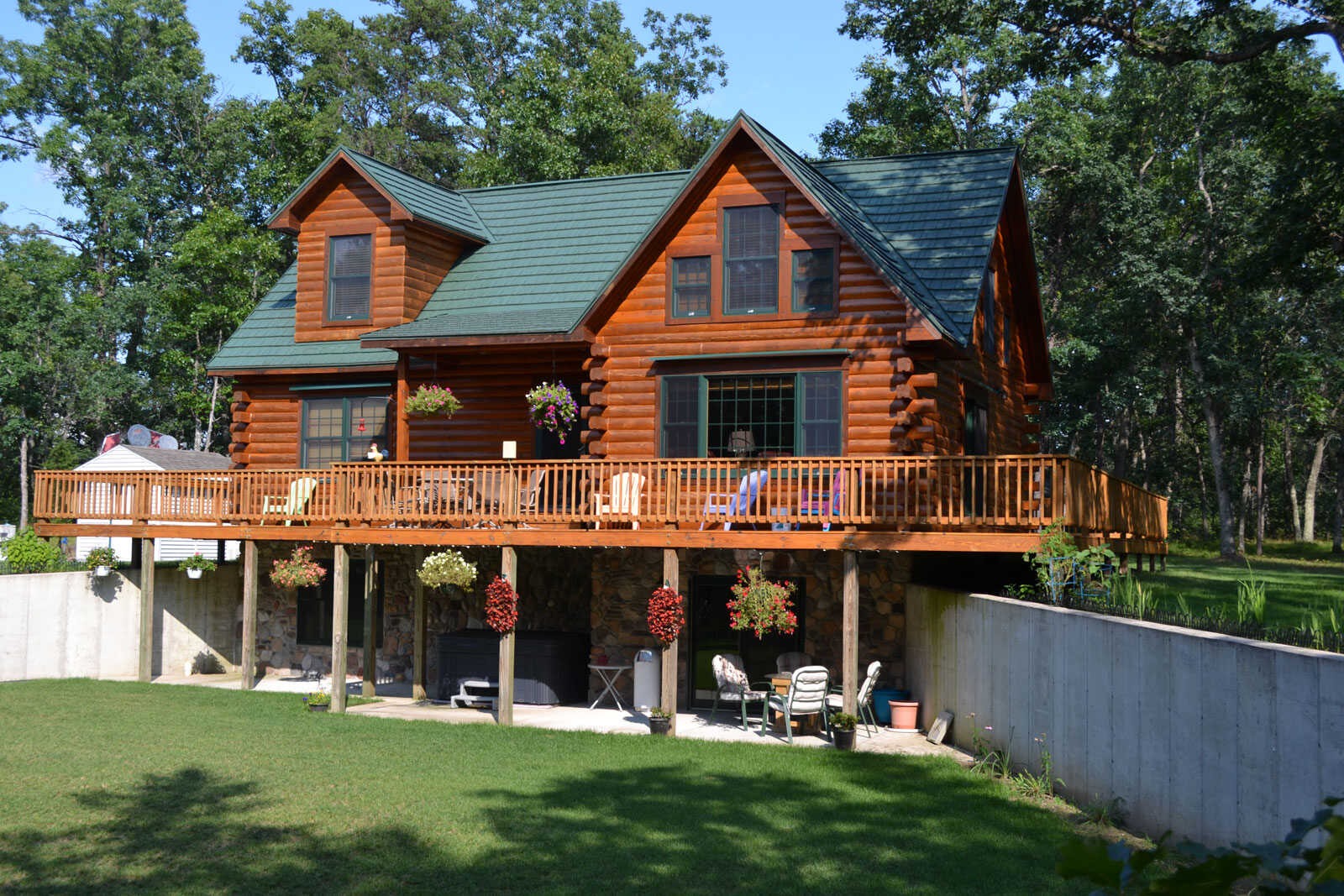

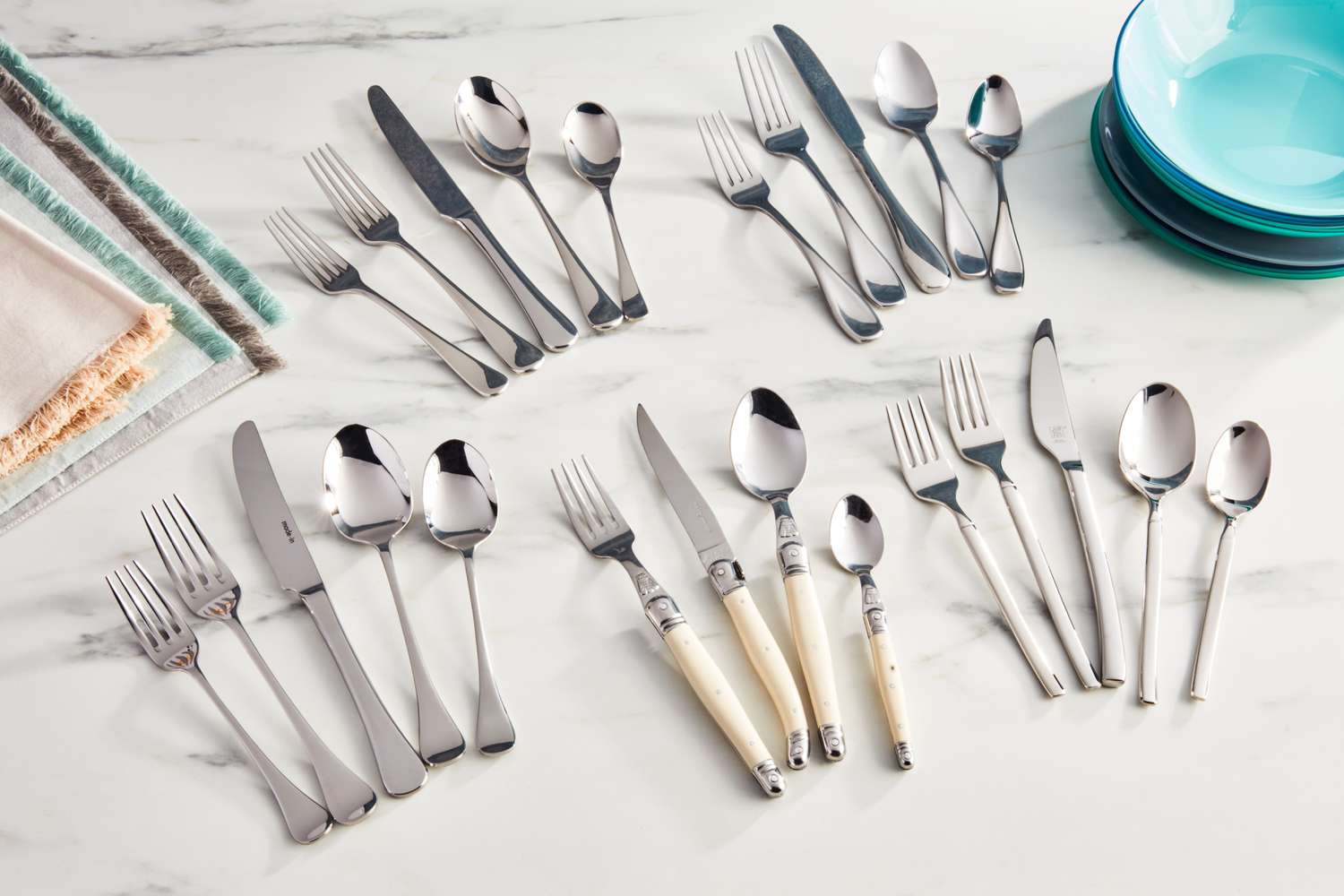
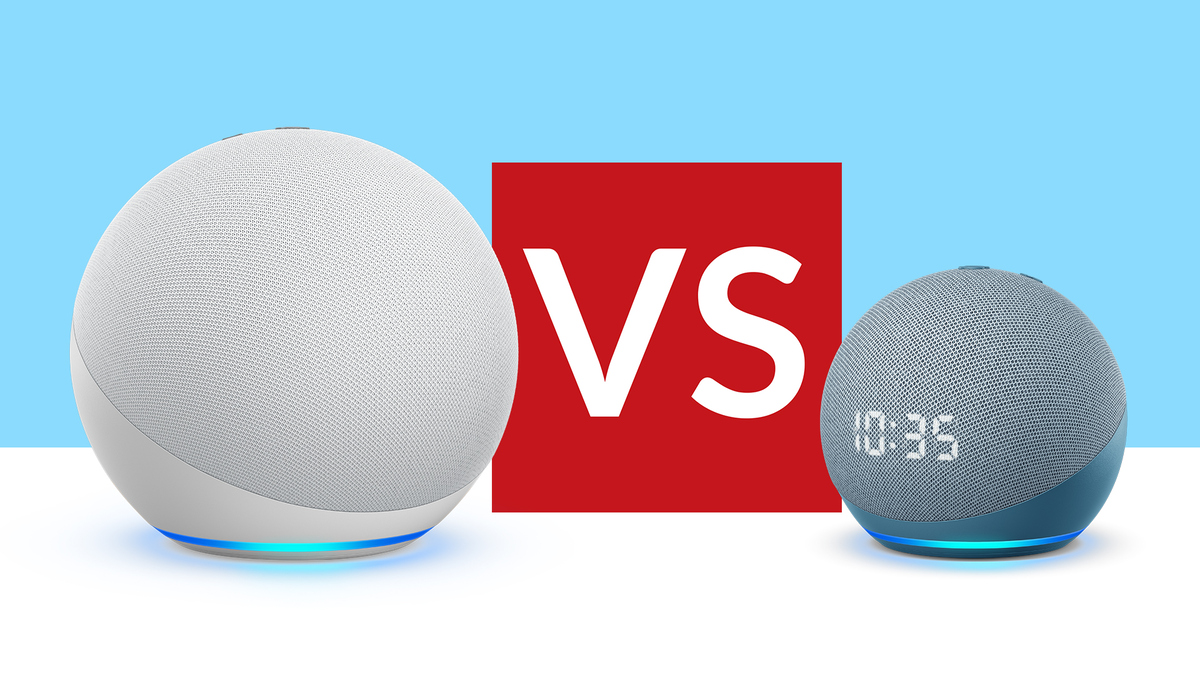



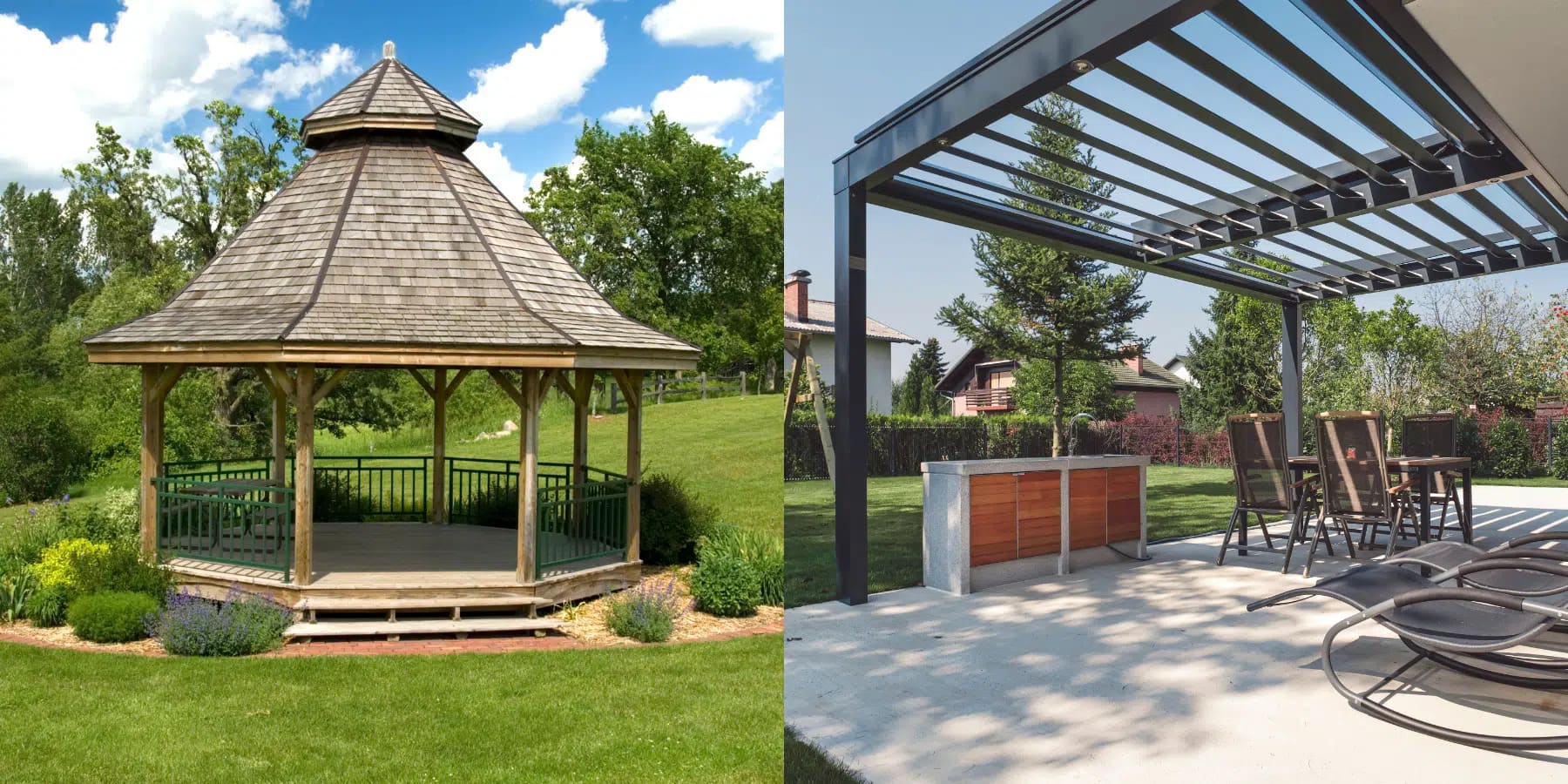
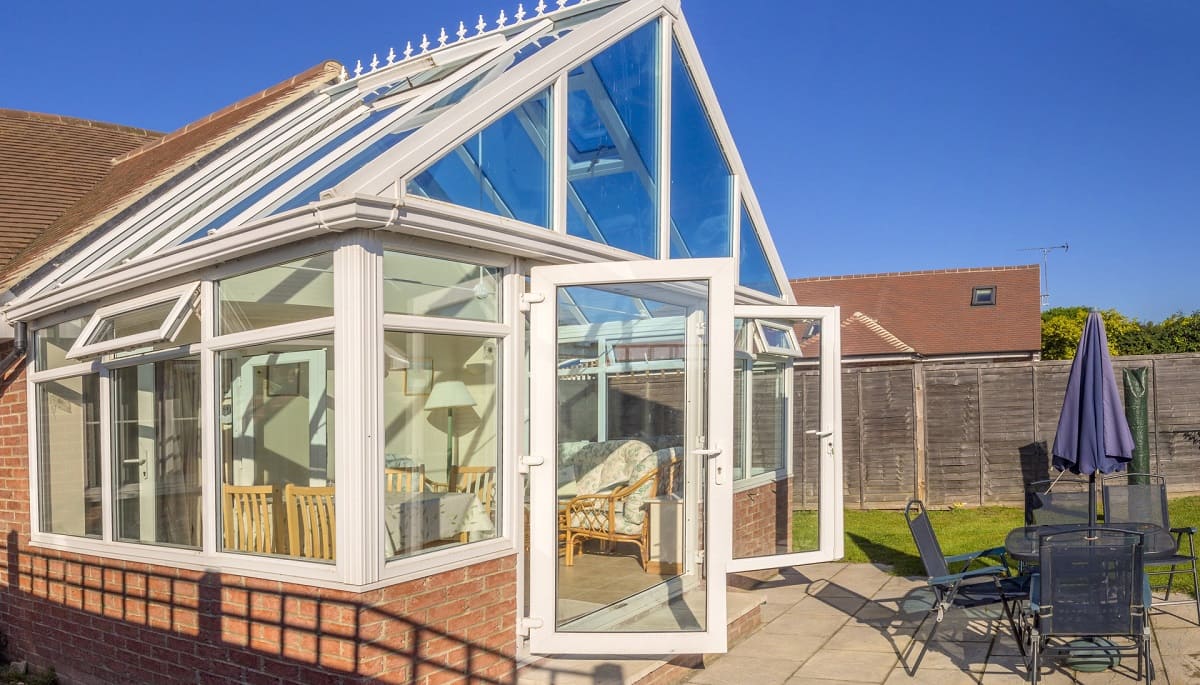

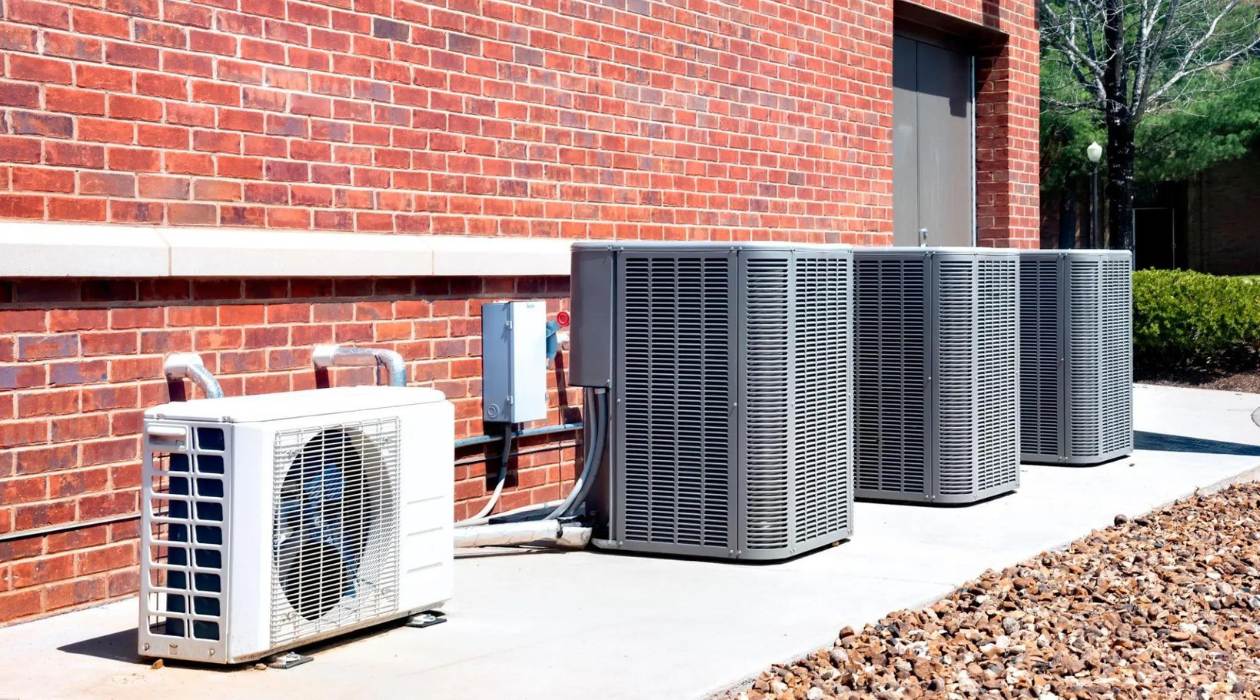



0 thoughts on “What Is The Difference Between Slow Cooker And Rice Cooker”